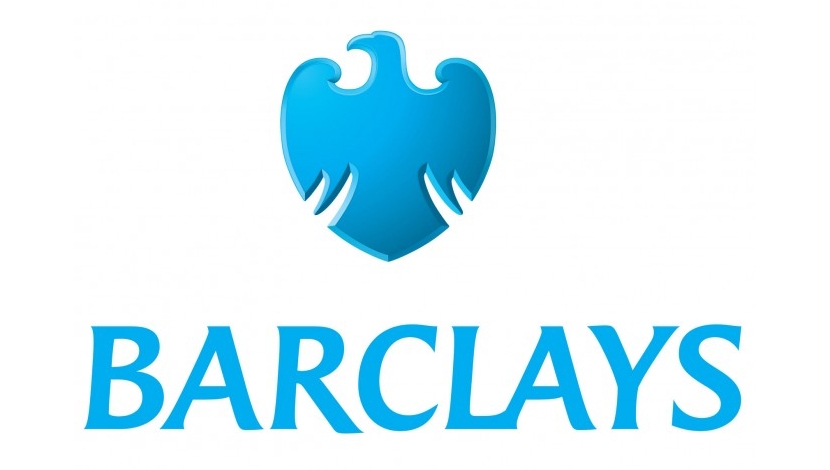
While the cement factories in Senegal are at war, ostensibly over the environmental impact one company will have on this West African nation, experts have cautioned that as the government plans to radically develop and industrialise the country, striking a balance between environmental protection and development will be key.
“I don’t think we can want one thing, and also want its opposite. We need cement to help industry in Senegal. But it will have adverse effects on the environment and we must minimise them,” Dr. Thomas Ibrahima, from the Senegalese Institute of Agricultural Research (ISRA), said.
Sococim, the Senegalese subsidiary of Vicat, a French cement manufacturing company, is at loggerheads with the government of Senegal.
The French company began suing the state in November 2013 for allowing Dangote Cement to set up shop in Senegal.
Dangote reportedly paid Senegalese religious leader Cheikh Amadou Bamba’s descendants 12.6-million-dollars to develop the factory on their forest lands. The factory, set to be one of the largest on the continent, is close to Thies, the country’s third-biggest city.
Aboulaye Fall, a Dangote employee and Poute village resident: “Dangote is ready to help Poute by providing electricity and roads. The company is also decreasing youth unemployment.”
Boubacar Camara, the CEO of Sococim, said in an earlier interview: “This is the first time in the history of Senegal that we have seen a plant built in violation of all the rules.” Camara claimed that necessary steps for opening a cement factory had been flouted by Dangote.
Cement manufacturing is not the only industrialisation taking place here. President Macky Sall went to Paris in February to solicit donations to fund Emerging Plan Senegal (PSE), the government’s plan to radically develop and industrialise the country.
Moustapha Ndiaye, an environmentalist at the Ministry of Environment and Sustainable Development, told IPS that in the face of industrialisation: “There are many laws that exist to protect the environment. It’s absolutely necessary for companies to respect them.”
By Doreen Akiyo Yomoah





